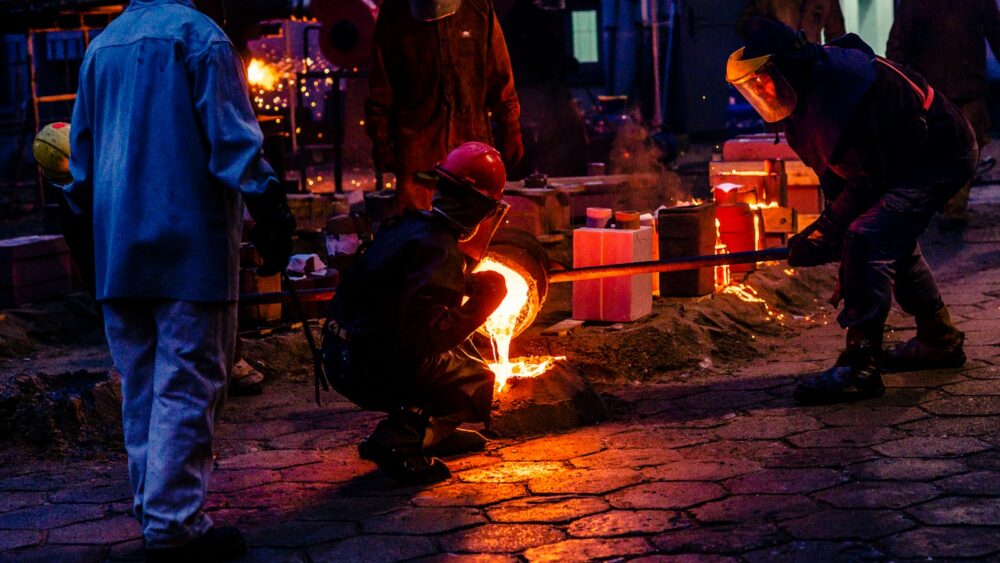Everything you need to know about Metallurgy and it’s many applications
What is Metallurgy and how does it affect our lives?
Metallurgy is a field of science and engineering that studies the physical and chemical behaviour of metallic elements, their inter-metallic compounds, and their mixtures, which are called alloys. It is a vital part of our daily lives, from the production of everyday items to the manufacturing of complex machines. Metallurgical engineering is used to create products from raw materials such as iron ore or aluminium ore that are smelted in furnaces and then processed into usable metals.
The study of metallurgy has helped us understand how metals behave when subjected to different temperatures, pressures, and other conditions. This knowledge has enabled us to create stronger materials for use in everything from cars to bridges. Metallurgical engineering also helps us design efficient production processes that reduce waste while maximising output.
The Various Types of Metallurgical Processes & Technologies
Metallurgy is a branch of engineering that involves the study and application of metal processing techniques. It includes the use of various processes and technologies to shape metals into useful products. Examples of these processes include casting, forging, welding, and heat treating. Each process has its own unique characteristics that make it suitable for specific applications.
The different types of metals used in Metallurgy
Metallurgy is the science and technology of working with metals to create useful products. It involves understanding the physical and chemical properties of different metals and how they can be manipulated to create desired outcomes. Metals are divided into two categories – ferrous and non-ferrous metals. Ferrous metals are those that contain iron, while non-ferrous metals do not contain iron.
Some examples of Metallurgy are as follows.
Steel is an alloy comprised of Iron ore and Carbon. The carbon is added to the Iron ore to improve strength and fracture resistance. Adding Chromium (up to 11%) adds significant corrosion and oxidation-resistant properties and creates stainless steel.
Lithium can be alloyed with aluminium, copper and other alloys to improve their mechanical and chemical properties. Lithium alloyed with copper allows for the creation of highly conductive copper alloys. Lithium alloys have numerous possibilities some of which include the manufacture of aeroplanes and nuclear reactors.
How Metallurgical engineering is transforming modern industries
Metallurgical engineering has been a driving force in the transformation of modern industries. It has enabled us to develop new alloys and materials that are stronger, lighter, and more durable than ever before.
Metallurgical engineering improves the properties of metals and alloys, allowing them to be used in a wide range of applications. From aerospace engineering to medical device manufacturing, metallurgical engineering is becoming increasingly important for industrial applications.
Metals Accounting and its role in Metallurgy
Metals accounting is an important part of metallurgy and is used to track the production and usage of metals in different industries. It is used to monitor the economic performance of metal-producing companies, as well as to ensure compliance with regulations. Metallurgists use specialised software programs such as Max 4 Mets to keep track of metal production and consumption.
Metals accounting can help Metallurgists make better decisions about the production process. It allows them to identify areas where improvements can be made, such as reducing waste or increasing efficiency. Additionally, it helps them understand the market trends in order to better forecast future demand for metals. Furthermore, it allows Metallurgical engineers to evaluate the cost-effectiveness of different processes and materials used in metallurgical engineering projects.
